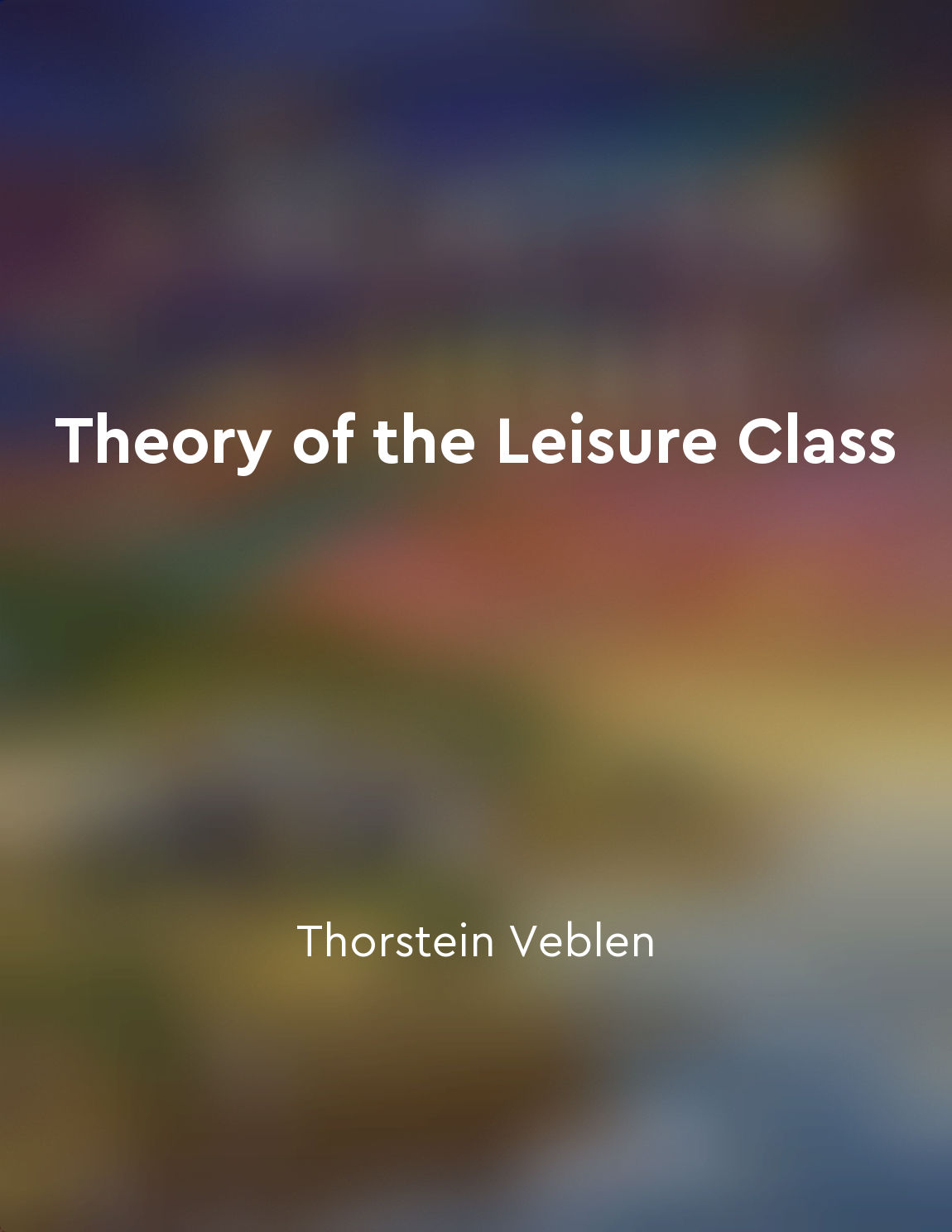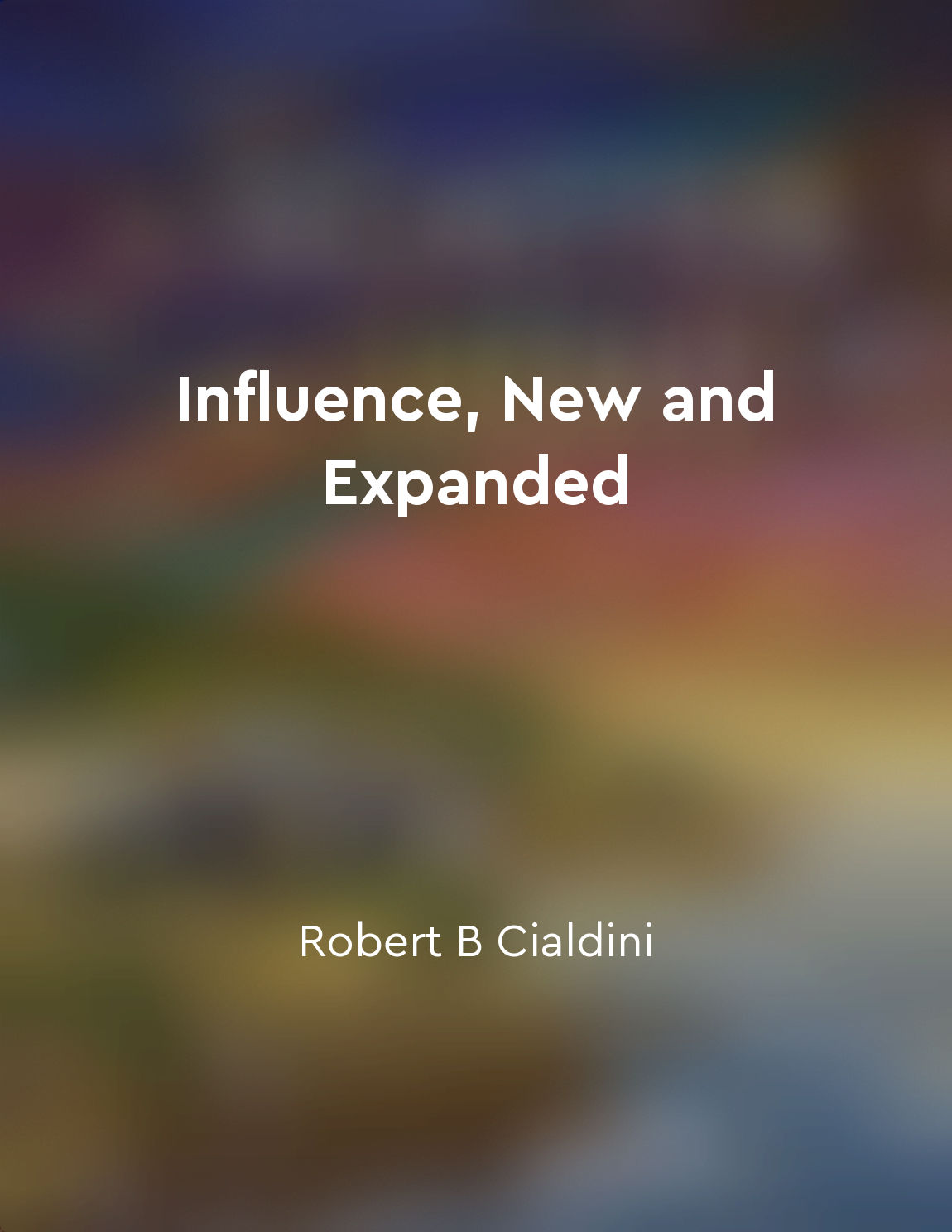Humans have a propensity for fairness and equality from "summary" of A Natural History of Human Thinking by Michael Tomasello
In the course of human evolution, our species has developed a remarkable capacity for cooperation and social interaction. One of the key aspects of this capacity is a strong inclination towards fairness and equality in social interactions. This propensity for fairness and equality is deeply ingrained in human nature and has played a crucial role in shaping human societies. From a very young age, children show a keen awareness of fairness and a strong desire for equality. Research has demonstrated that even infants as young as 15 months old display a preference for fairness and are quick to react when they perceive unfair treatment. This suggests that the inclination towards fairness and equality is not simply a learned behavior but is, in fact, a fundamental aspect of human cognition. The drive for fairness and equality is not limited to specific...Similar Posts
Causality is inferred from experience
When we look back on the past and reflect on our experiences, we often make connections between events that seem to be causally...
The lessons of the past can guide us in navigating the challenges of the present and future
Throughout the course of history, humanity has faced countless challenges and obstacles that have tested our resilience and abi...

The influence of culture and upbringing on our values and beliefs
Our values and beliefs are not formed in a vacuum. They are heavily influenced by the culture and upbringing we are exposed to ...

Social interactions shape our moral character
In the course of our social interactions, we are constantly exposed to the opinions and sentiments of others. These interaction...
Selfdiscipline leads to freedom
Self-discipline is essential in the pursuit of freedom. It is through discipline that we are able to overcome our lower desires...

The Aristocracy engage in Invidious Comparison
The leisure class engages in invidious comparison as a means of asserting its status and maintaining social distinction. This p...

Triggering emotions can lead to action
One of the key factors that can drive people to take action is the triggering of powerful emotions. When individuals are emotio...

Supporting marginalized communities
In order to truly be an antiracist, we must actively support marginalized communities. This means going beyond mere words or em...
Leaders must be accountable to the people
In a well-ordered society, the leaders are not masters but rather servants of the people. They hold their power not by divine r...
The power of defaults in influencing behavior
Defaults are like the path of least resistance - they require no action on our part. They are the pre-selected option that we a...
